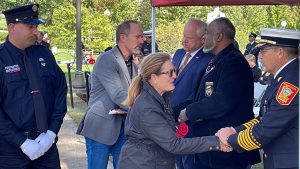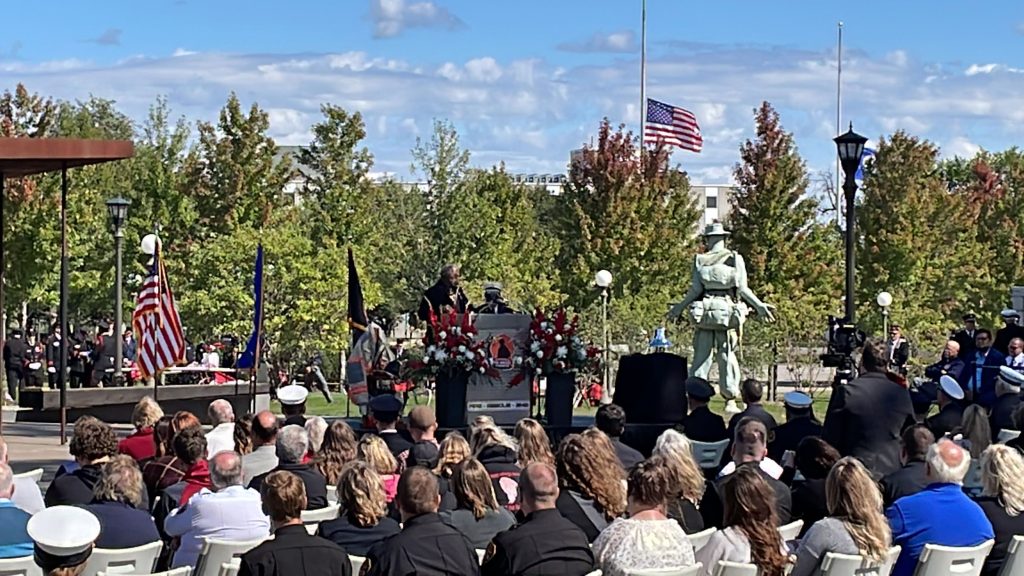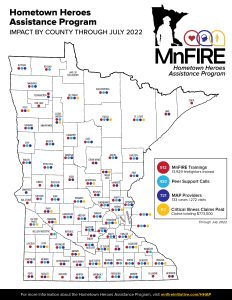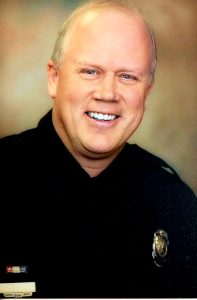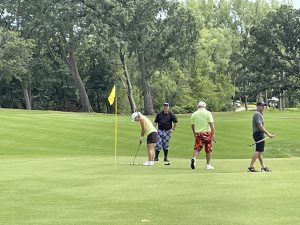You’re invited! Join us Saturday, Jan. 21 at the Grand Casino Mille Lacs in Onamia to experience meaningful health and wellness training at the second annual Firefighter Health Forum.
The inaugural Firefighter Health Forum in 2022 was such a success – gathering mental health experts and fire service leaders from across the state, and sparking many important and inspiring firefighter health conversations. We’re excited to bring back this important event to engage with educational and actionable sessions around the most critical health issues facing Minnesota’s fire service, as well as the new Hometown Heroes Assistance Program resources available to every full-time, part-time, paid-on-call and volunteer firefighter.
This year’s Firefighter Health Forum will feature three distinct tracks for fire service leaders, peer supporters and, for the first time, fire service spouses and significant others.
It’s no secret firefighters deal with some very specific issues that can spill over into life at home. For the first time, spouses and significant others of Minnesota firefighters can take part in an educational track expressly designed to give them the tools, skills and perspective needed to make smart decisions about their family’s physical and mental health. Through this track, you’ll learn how to best support the health and well-being of your loved one – and navigate potential issues that can arise when you have a firefighter in your family.
Secure your spot today!
Register for the 2023 Firefighter Health Forum now through Eventbrite. And spread the word! Did you attend an eye-opening session last year? Tell your fellow firefighters, peer supporters and significant others to join you this time around. We look forward to connecting with you at the Forum in January!
Stay tuned to our event page for more details – including session topics, speakers and more. We have also reserved a block of rooms at Grand Casino Mille Lacs for the night of Friday, Jan. 20, 2023, at a rate of $107. A hospitality room will also be available Friday evening for those arriving the night before the Firefighter Health Forum. For booking details, visit our website.

